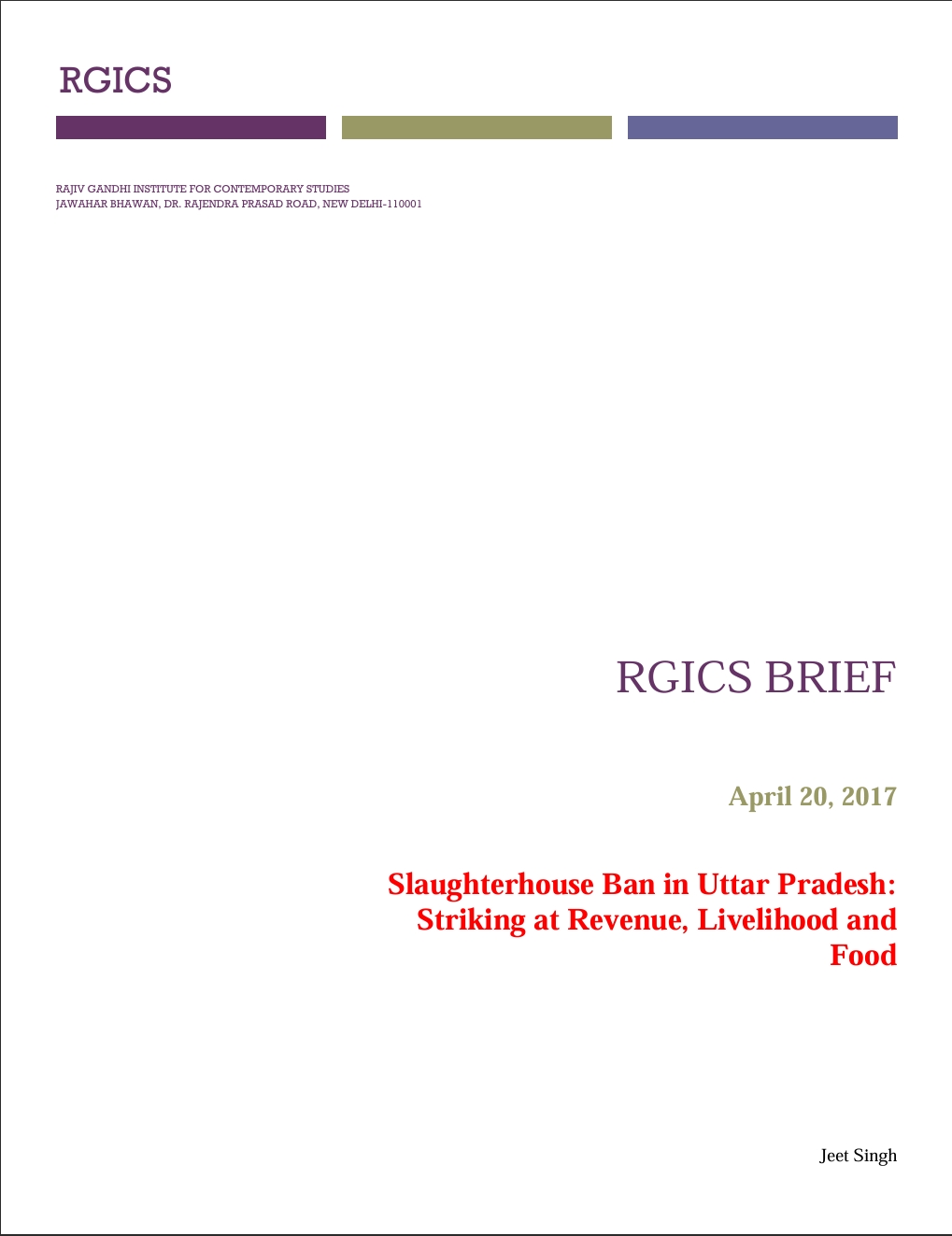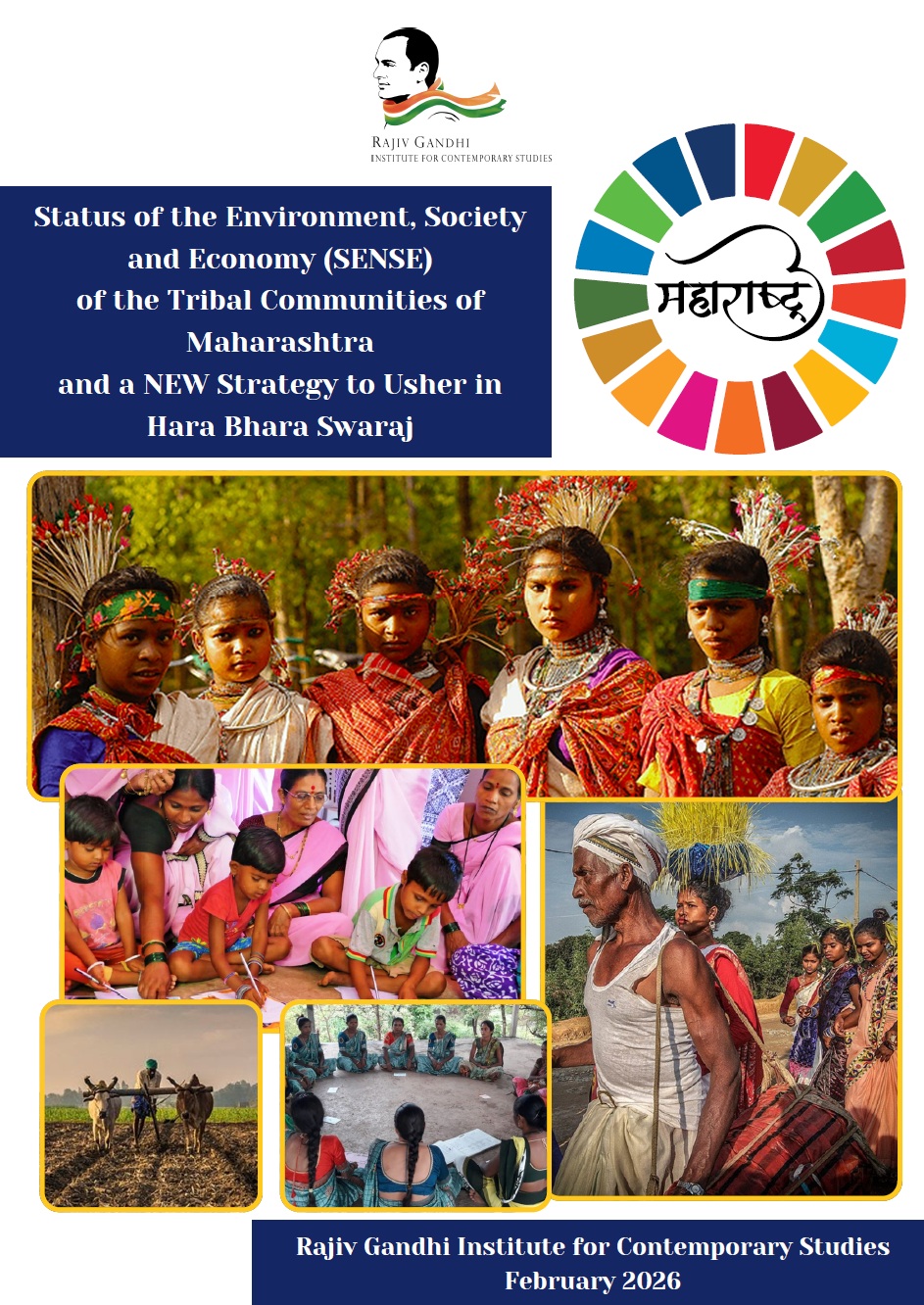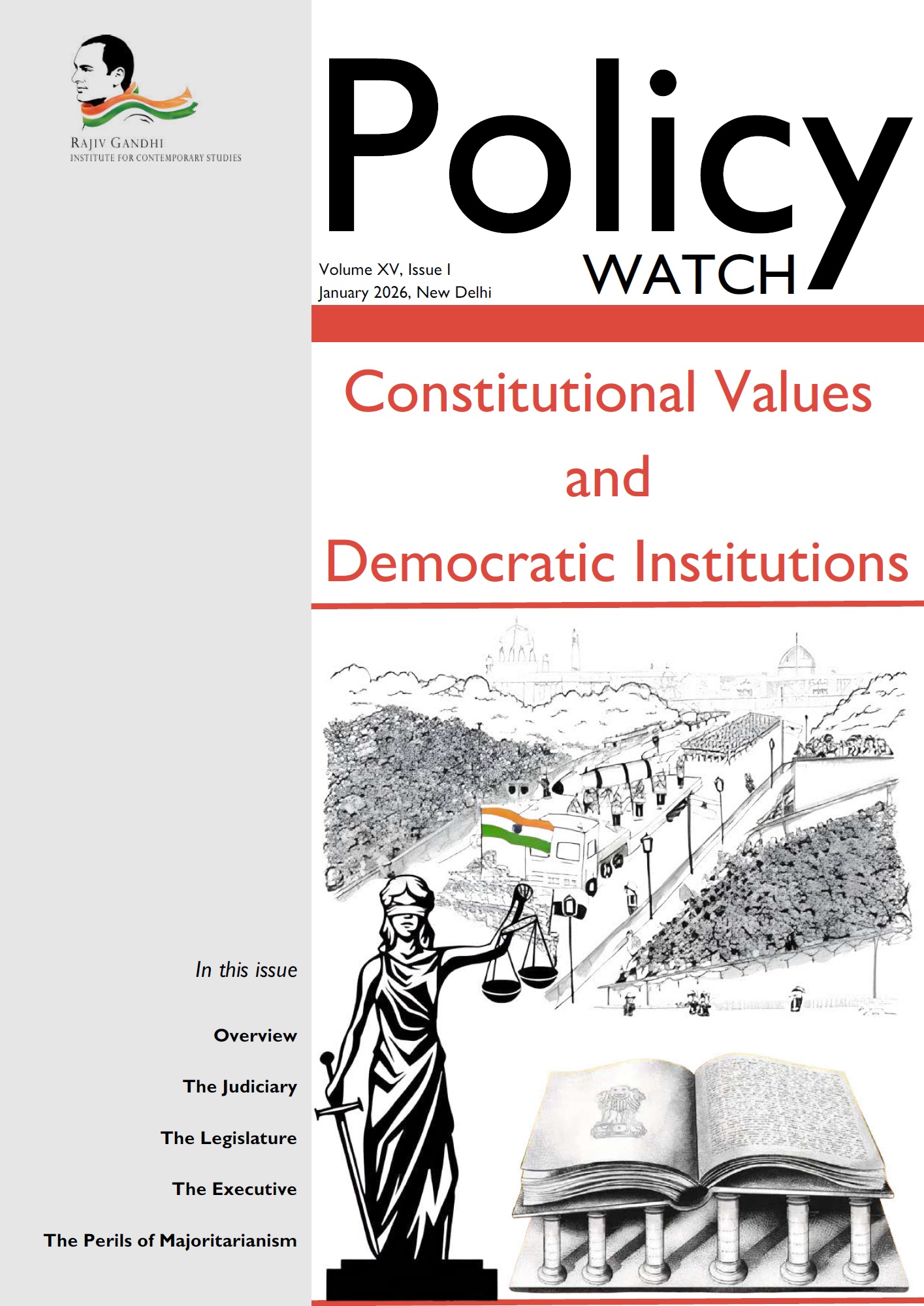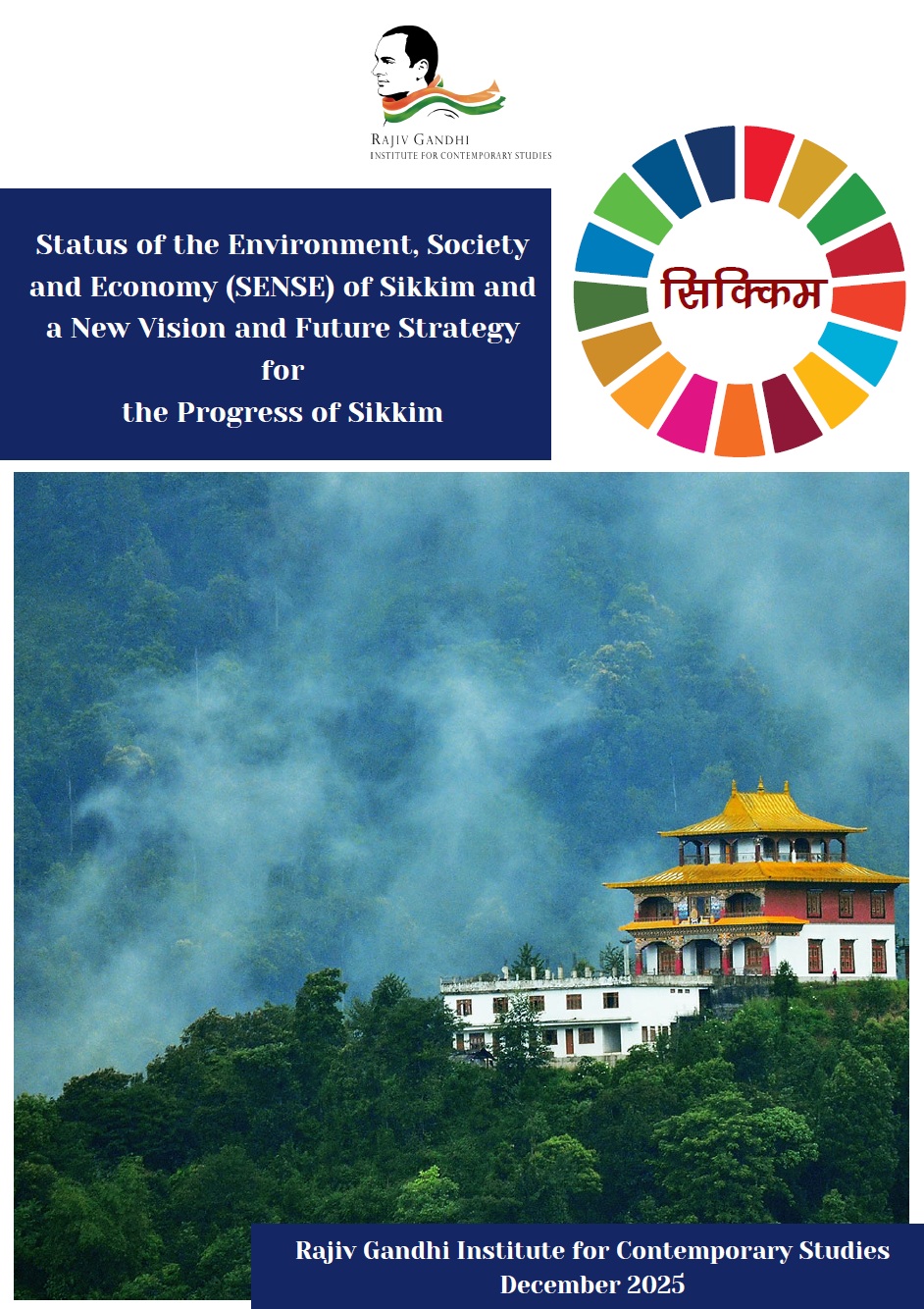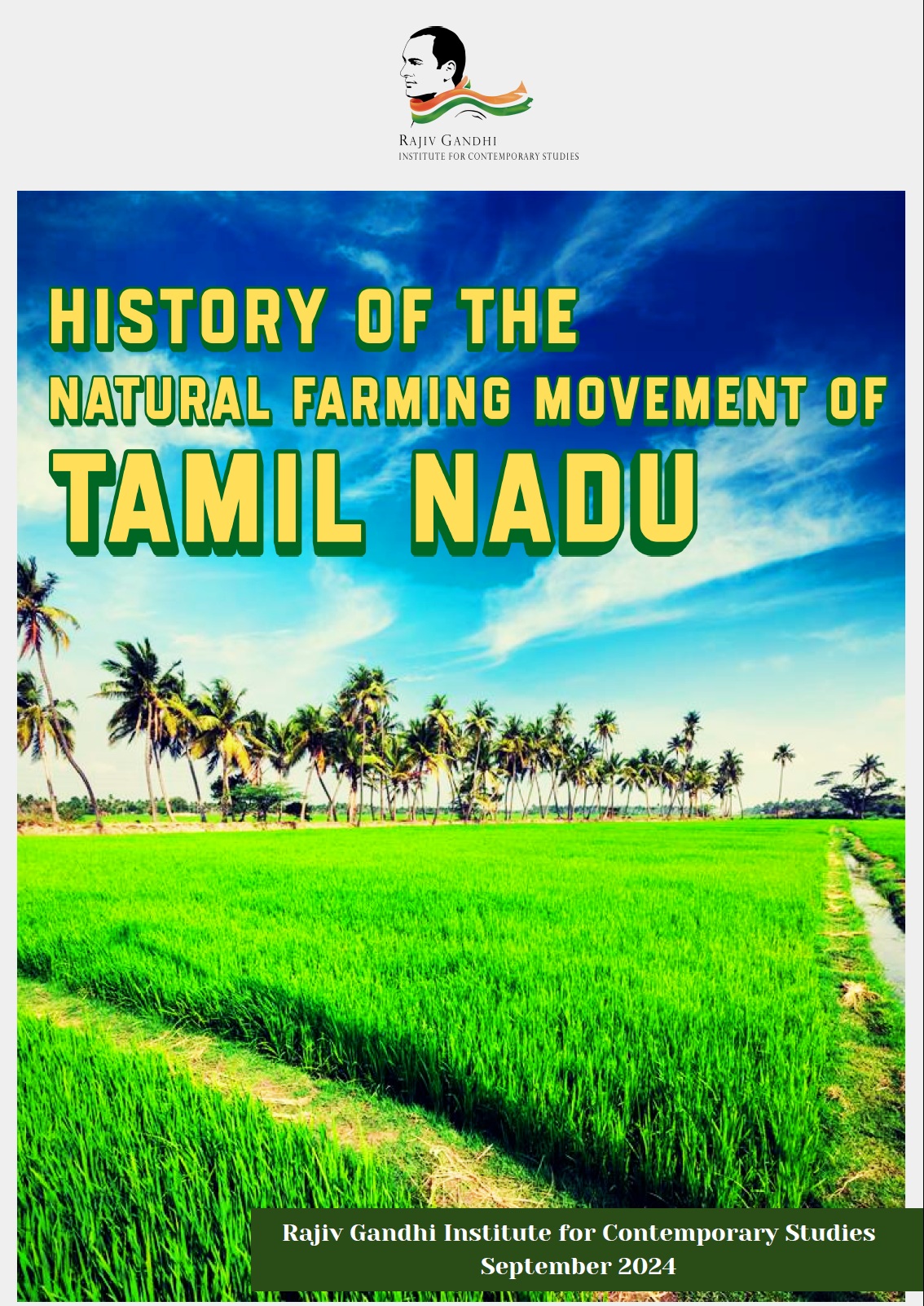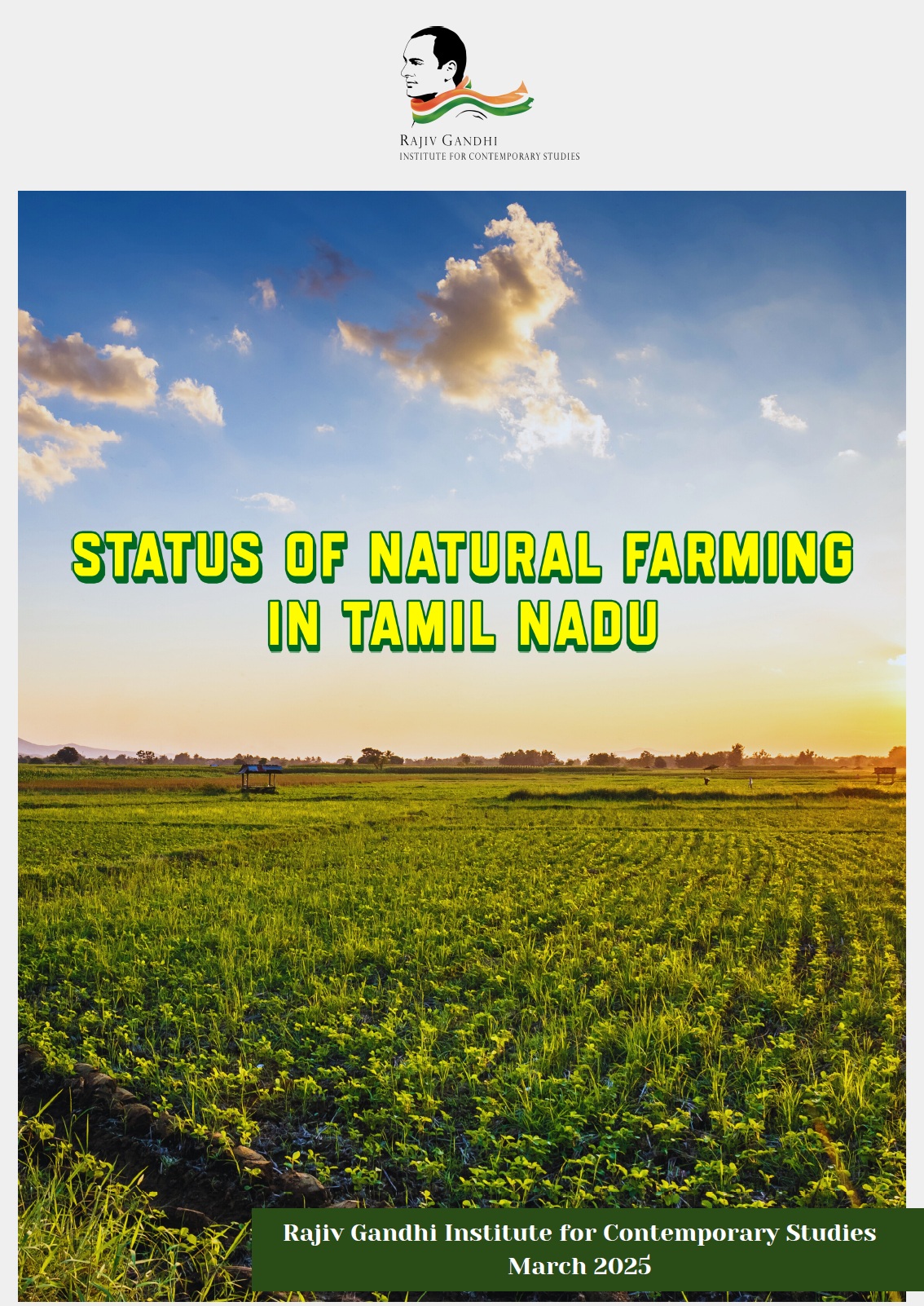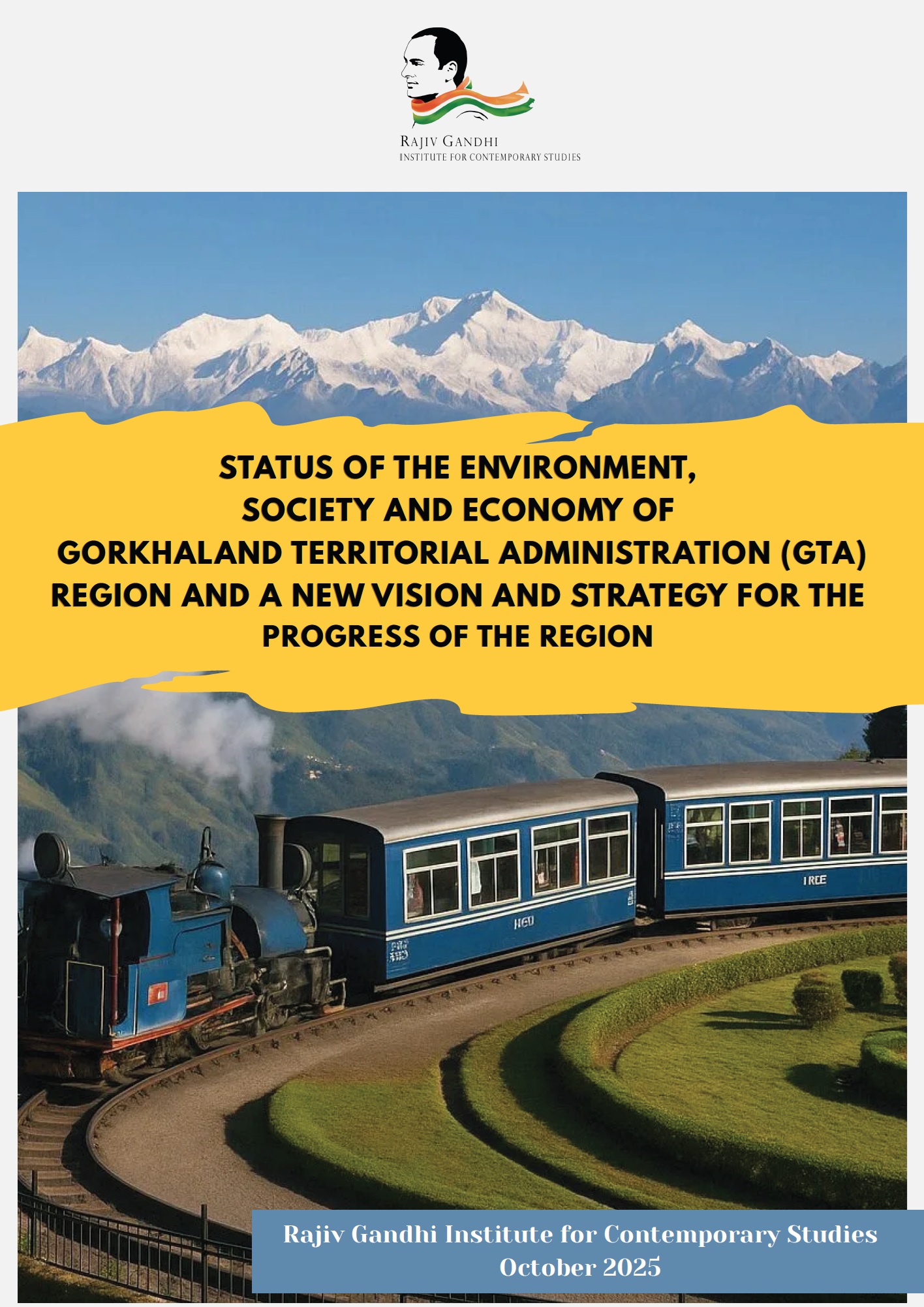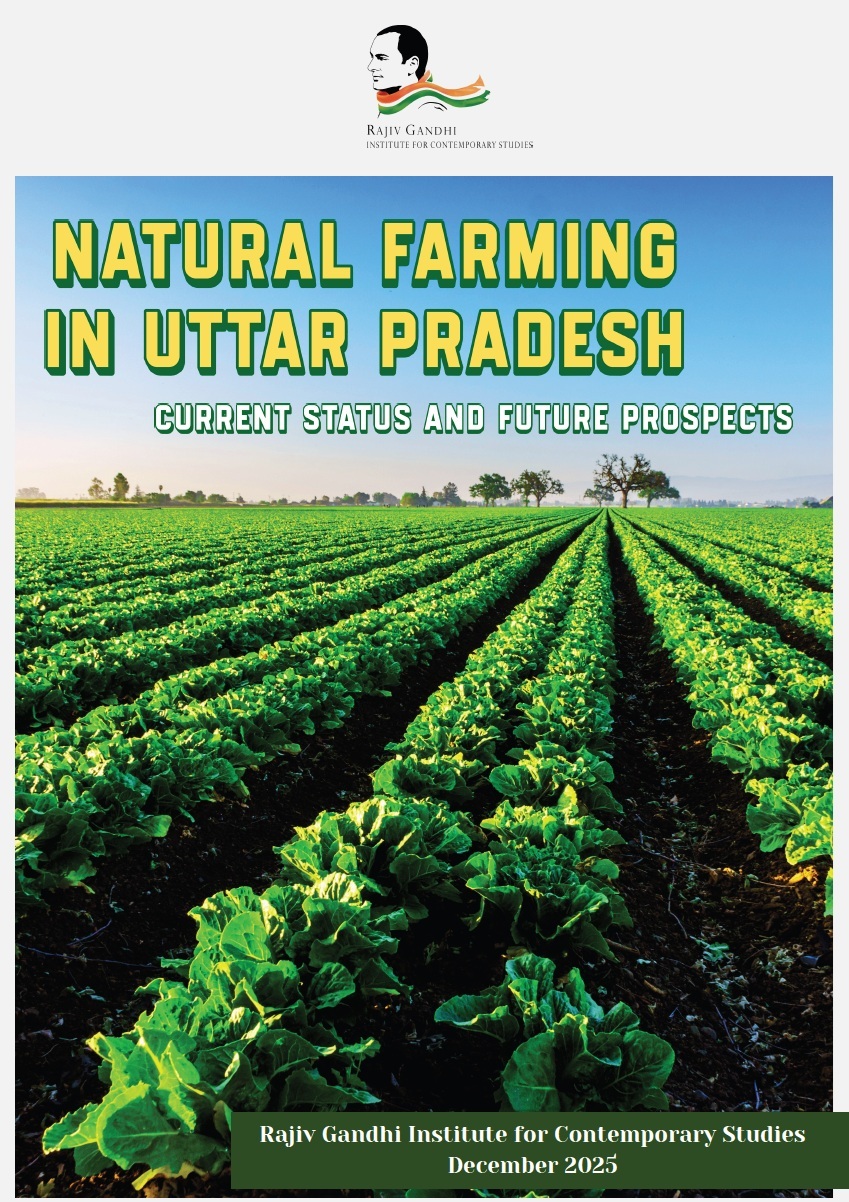The document highlights the devastating impact of the 2017 crackdown on illegal and mechanized slaughterhouses in Uttar Pradesh, a decision made by the Yogi Adityanath government as part of their election promises. While the intent was to regulate illegal operations, the move overlooked the broader economic and social consequences.
Uttar Pradesh is India’s largest meat producer, providing nearly half of the country’s buffalo meat exports. The state has 49 out of 75 APEDA-approved slaughterhouses, and the meat industry alone employs over 6.5 lakh people, with hopes of generating 18 lakh more jobs by 2022. Additionally, the leather industry, which heavily depends on by-products from slaughterhouses, employs another 6.5 lakh people in the state and contributes about 28% of India’s leather exports.
By imposing the ban, the government put millions of livelihoods at risk, especially for economically disadvantaged communities. This decision not only threatens jobs but also undermines India’s meat export industry and the future growth of the leather sector.
The document argues that while regulating pollution and illegal operations is necessary, a blanket ban without proper consideration of the economic and social realities is harmful. Instead of empowering people, the ban is likely to push them into deeper poverty. The report calls for a more balanced approach that addresses environmental concerns while safeguarding the livelihoods of those dependent on these industries.
Keywords: Slaughterhouse, Livelihood, Meat Industry, Leather Industry, Employment, Uttar Pradesh, Buffalo Meat, Export, Economic Impact
Slaughterhouse Ban in Uttar Pradesh: Striking at Revenue, Livelihood and Food
Send download link to:

